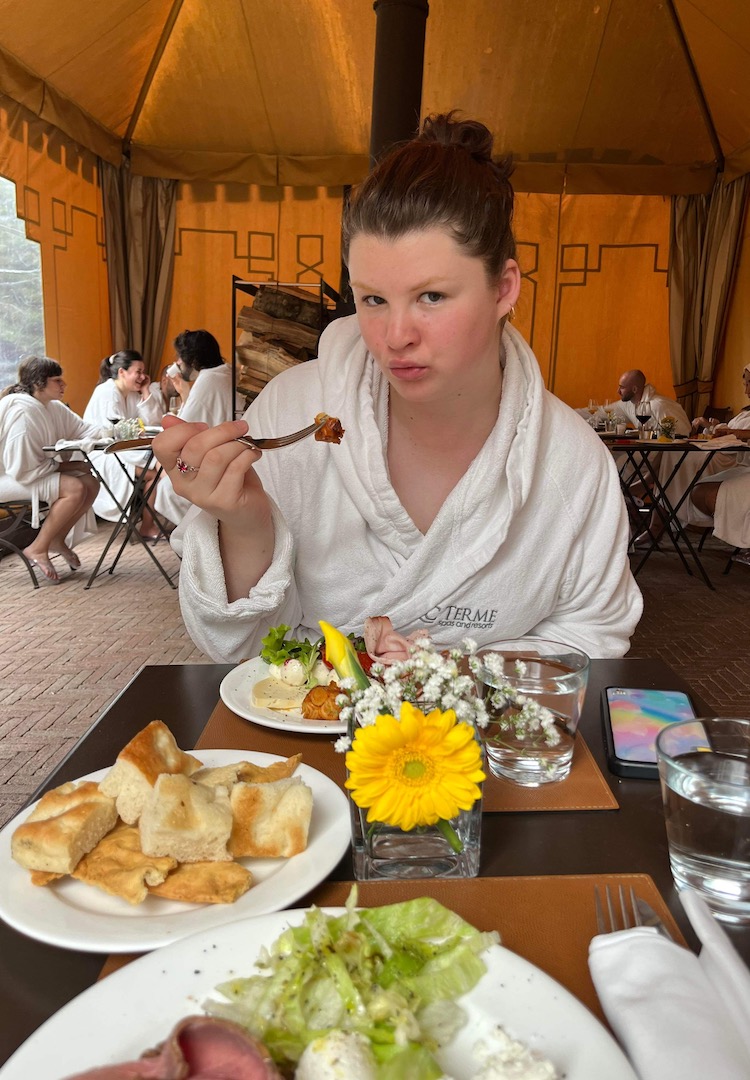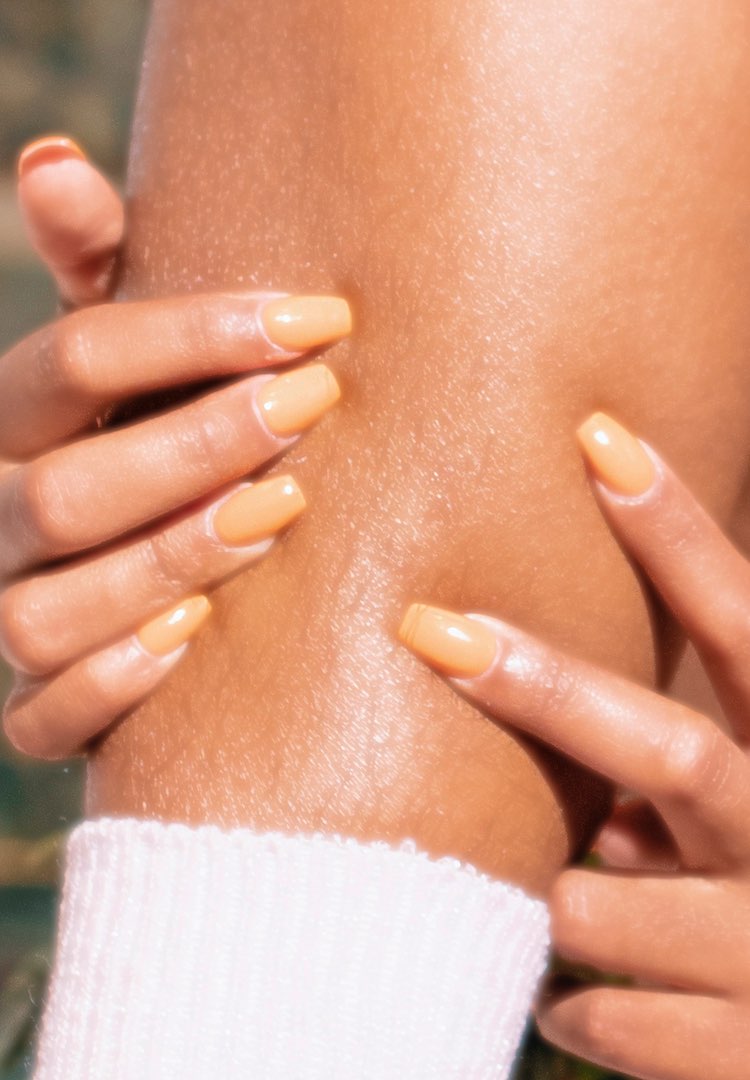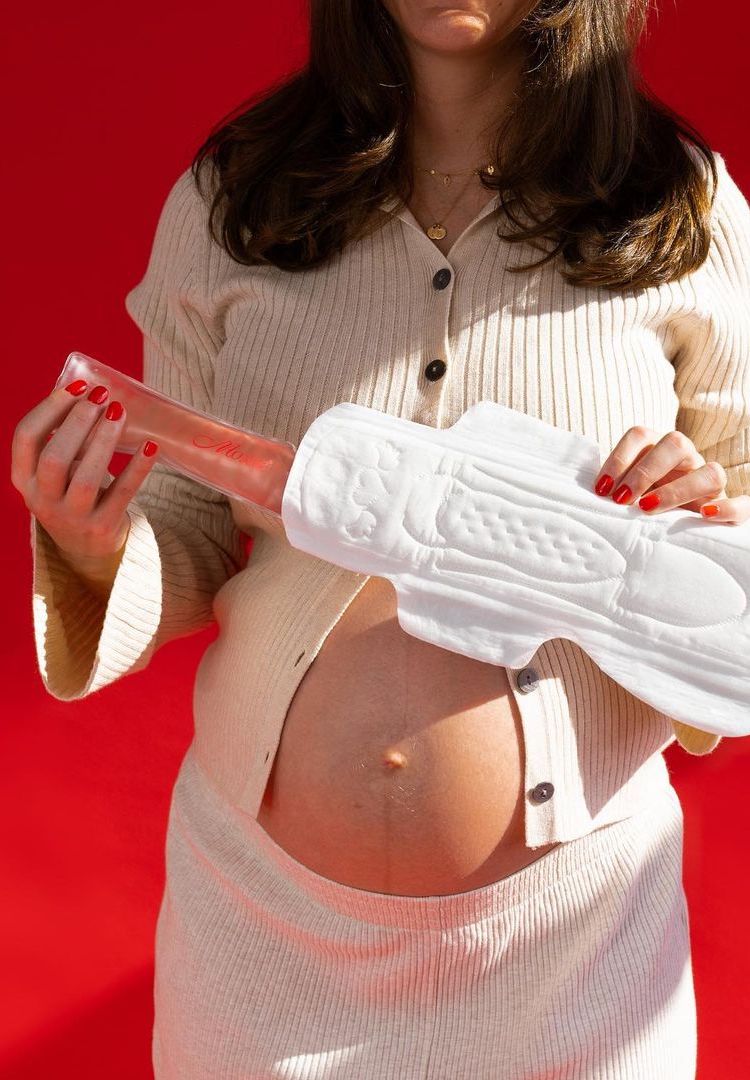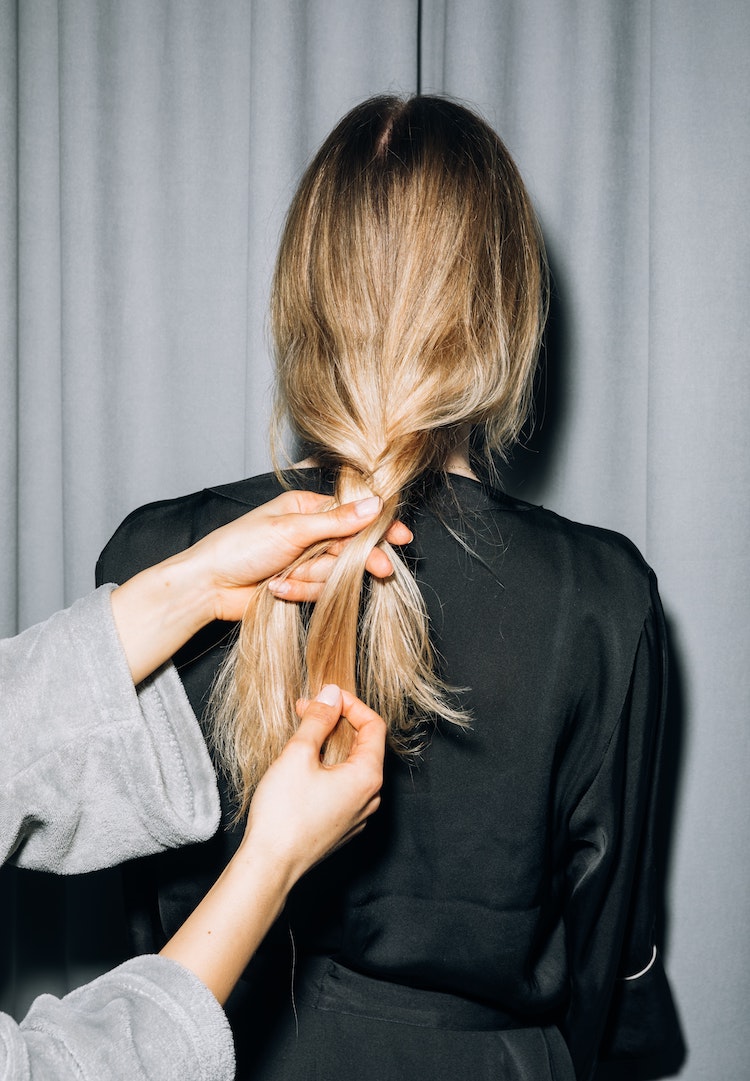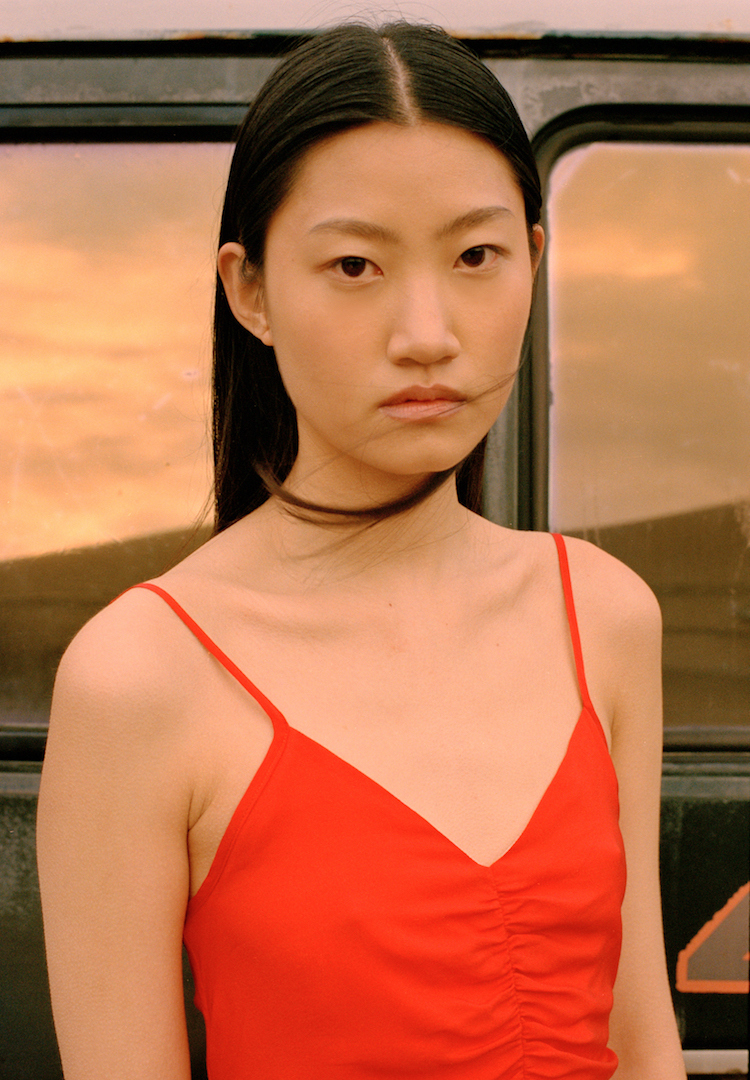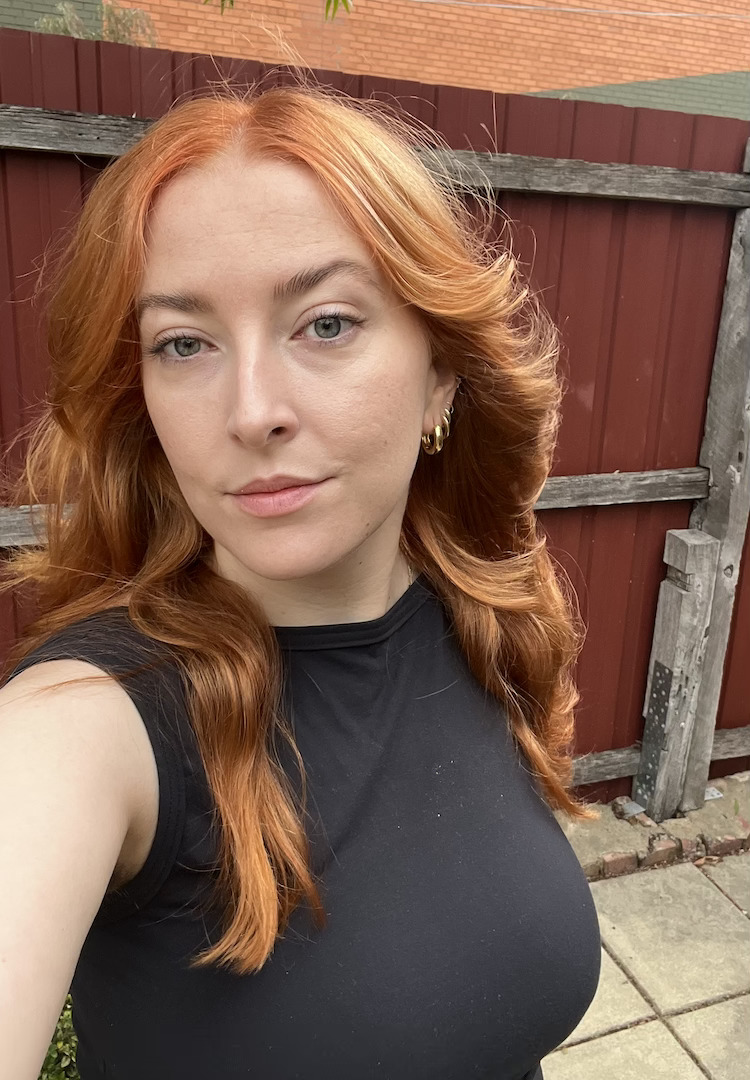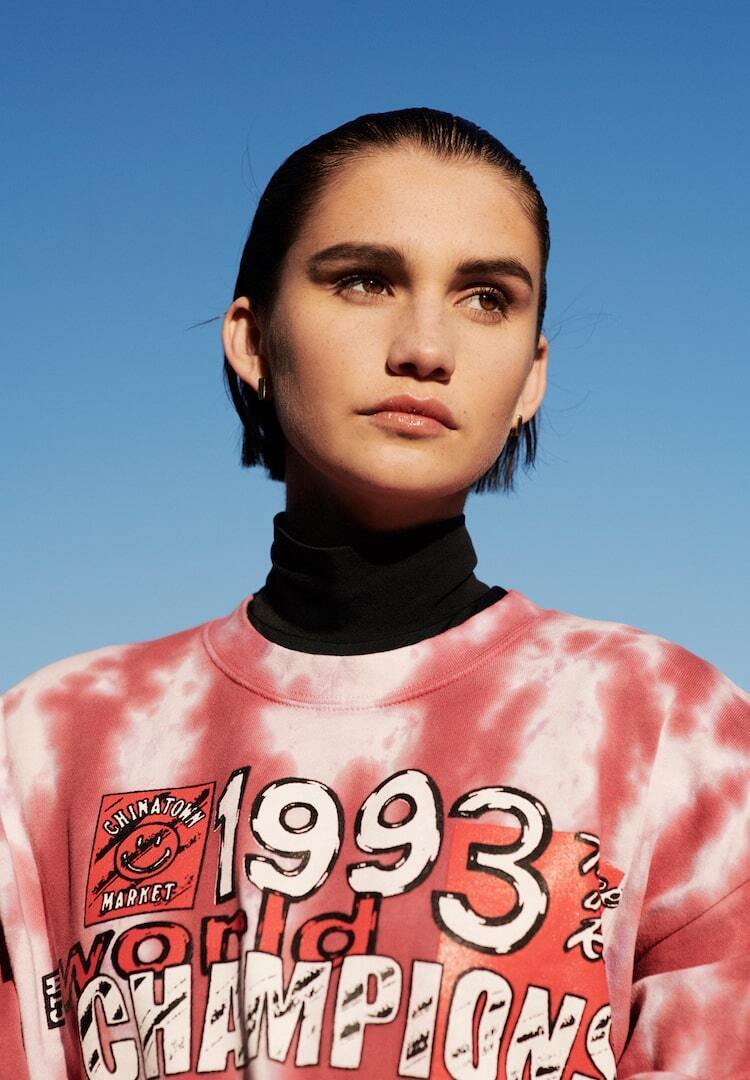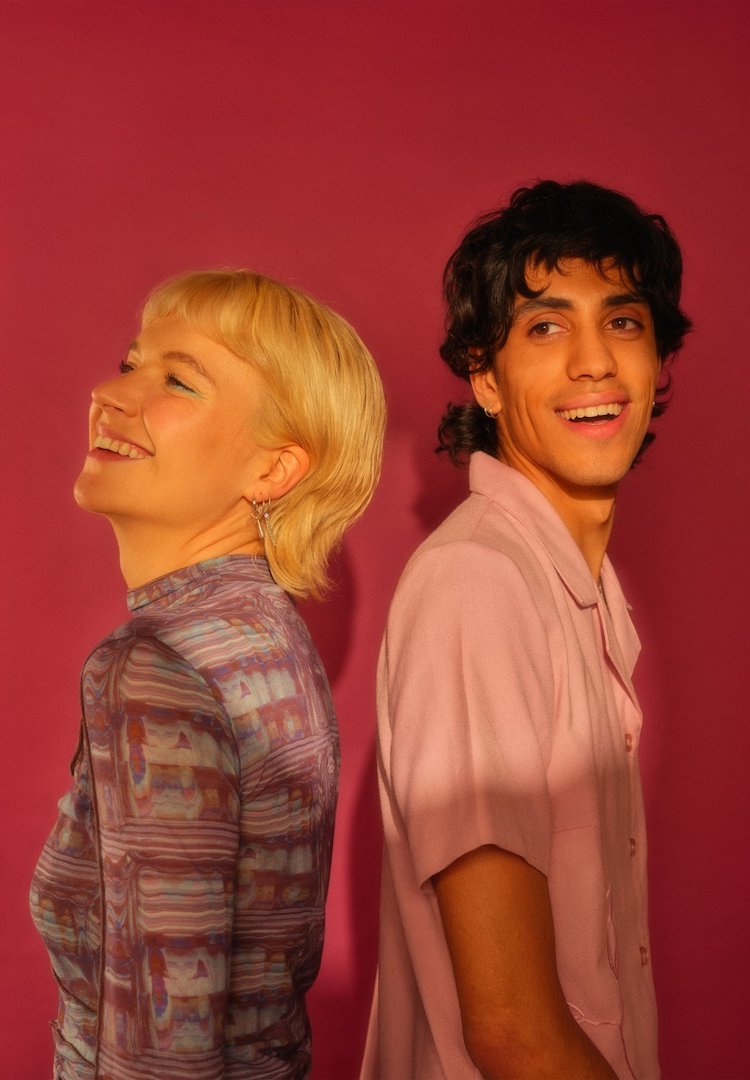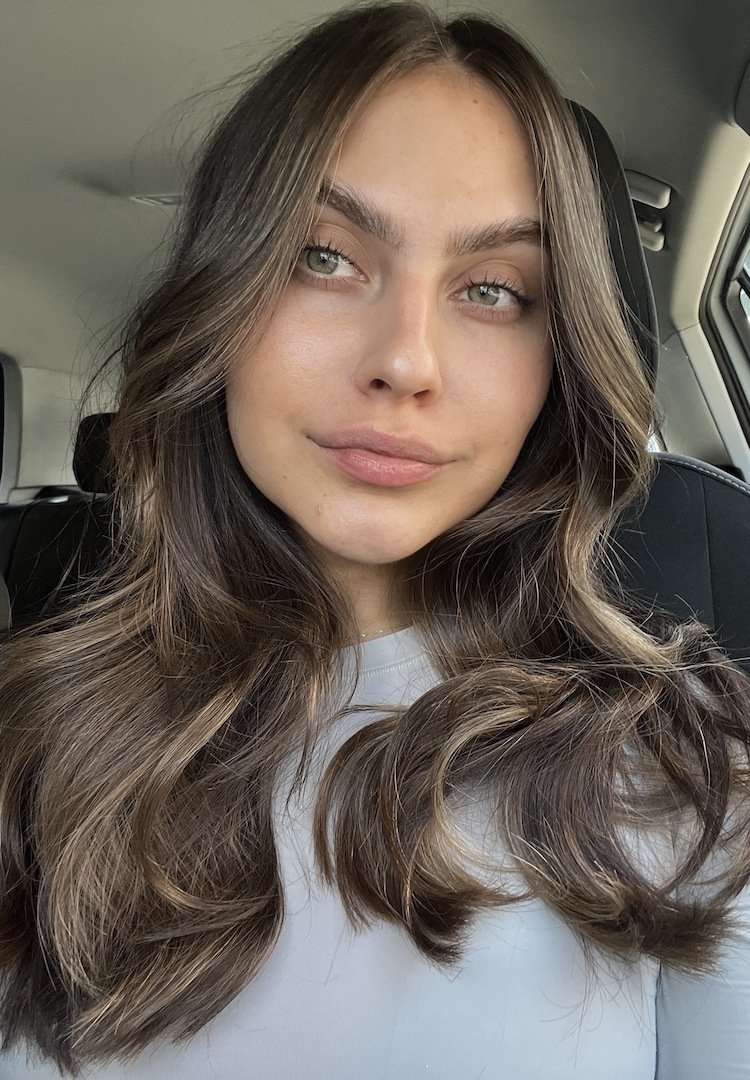What it’s like getting diagnosed with PCOS as a non-binary person
WORDS BY JAX BULSTRODE
“What I’ve learnt is that gender-diverse people are rarely included in the conversation, and it’s been alienating for me.”
I didn’t set out to get diagnosed with polycystic ovary syndrome (PCOS). I was sitting in my GP’s office waiting to hear about my recent blood work when my doctor began asking me about my menstrual cycle. I give her the spiel, I have always had irregular periods, cramps from hell that make me throw up and painful ovulation, but my mum had that, and her mum as well, so it was normal. Right?
My doctor explained that I have a high amount of testosterone pumping through my blood – or however that works (I failed year eight science) – coupled with my extremely irregular periods, and promptly diagnosed me with PCOS and suggested I go on the pill.
She began talking about pregnancy and babies and the risk of having trouble falling pregnant in the future and my mind started to tune out. Babies? I’m 22 and queer. I wasn’t about to have a baby anytime soon.
When I tuned back in, she was talking about extra hair growth and acne. I have always been a hairy and pimply person, but I also chose to stop shaving years ago and find joy in my hairy legs and moustache that gets darker in the wintertime. Acne is something I, like many people, have learnt to live with.
I left the office feeling overwhelmed and confused. On the tram ride home I opened Google and began researching. What is PCOS? How to treat it? What does this mean for me?
PCOS is defined as a hormone disorder characterised by “complex interactions between the ovaries, androgens, other hormones and insulin.” A significant feature is elevated androgens, or ‘male hormones’. That’s where I stopped reading. I thought about what this means for me as a non-binary person.
Should I be excited that I have more ‘male hormones’? Could that even be why I identify as non-binary? Or queer, even? What does that mean for genderqueer people with PCOS if they want to take testosterone and have elevated levels to begin with?
I’ve learnt a lot since that day in the doctor’s office. But mostly I’ve been bombarded with female health websites, and women talking about their journeys with PCOS. I’ve scrolled past images of pink flowers and essays about how losing weight will be much harder. What I’ve learnt is that gender-diverse people are rarely included in the conversation, and it’s been alienating for me.
One interesting thing I’m also learning is that for many cis women, most PCOS treatments and solutions are simply another type of gender-affirming care. Their treatment might look like eating foods to help lower testosterone, removing facial and body hair, trying to increase the chances of pregnancy or reducing body weight. For me right now though, many of these symptoms are things that give me gender euphoria as a non-binary person, so what does my ‘treatment’ look like?
I have a distinct memory of my 19th birthday, sitting around the table with my extended family when my young cousin began to point to my upper lip and the dark hairs that I had not attempted to hide, despite the nagging from my mother in the direction of the supermarket waxing aisle.
“Why do you have a moustache if you are a girl?” my cousin asked. At that time all I could do was blush and laugh it off. I didn’t have the words or the knowledge to be able to give her a proper answer, one that explained my gender identity or how my body was just different to hers.
Years later, I can say I like my tiny moustache. It’s not the boldest or even most apparent thing about me, (some would say that is my bright pink hair) and to most people on the street, it may not even be noticeable. But I know it’s there. Along with the extra hair on my arms and legs. And on the days my gender is feeling more masculine, these things that may be listed as PCOS symptoms are what brings me joy.
My PCOS treatment looks different to most people’s. Right now, it looks like eating nutritious foods and keeping my cortisol levels down, as a person who already has an anxiety disorder. It’s less about how I look and more about how I’m feeling. That’s just what works for me.
My journey with PCOS is just beginning. I’m slowly finding more and more non-binary people online who share my diagnosis and are also exploring inclusive resources. I realise now that this diagnosis has shone a light on just how far we need to go to encourage medical resources and spaces to be more inclusive of gender-diverse people. It’s also given me a new tool to access a beautiful space, a space where I can embrace what makes me unique and explore what gender means to me.
For more on PCOS, try this.

